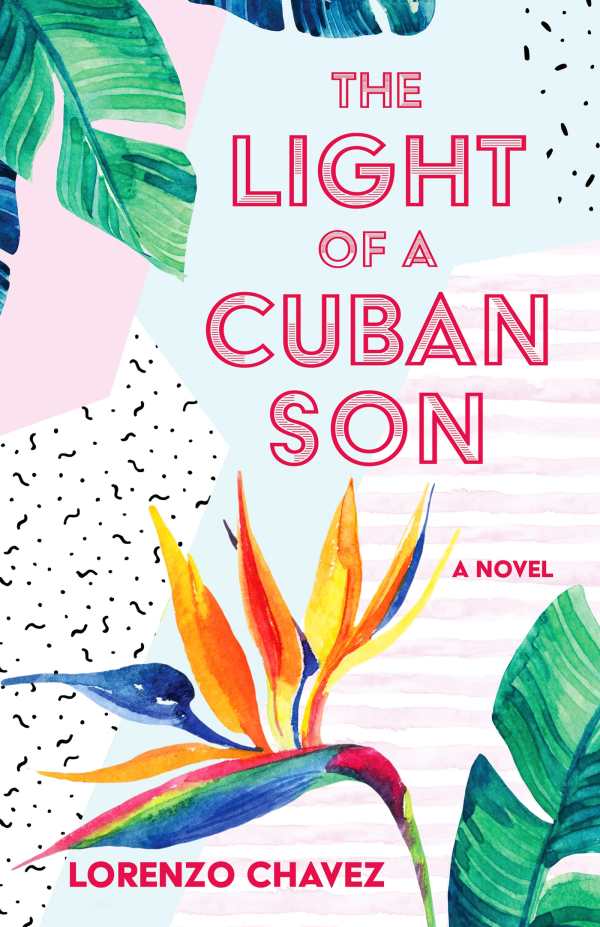
The Light of a Cuban Son
The Light of a Cuban Son is a poignant historical novel about a young man’s turbulent coming-of-age during a time of revolution.
A child, caught in a whirlwind of emotions, grows up during the Cuban revolution in Lorenzo Chavez’s historical novel The Light of a Cuban Son.
Martín’s family is comfortable. His grandparents own a farm in rural Cuba, and his father owns a market stall in Havana. That all changes when the revolution begins, after land and wealth are redistributed. His father leaves and his mother becomes a merchant, fulfilling meat and egg rations. Often left alone, Martín tries to befriend the neighborhood children, but he is shunned because they perceive him as different. He turns to the men playing dominoes outside of the bodega. With them, he finds strange acceptance—but he still feels hollow after doing everything that is asked of him.
The book starts on the day that Martín is born, then returns to the past to follow his parents’ adolescence and courtship. It sets up the foundation of Martín’s strained relationship with his parents, in addition to providing lush descriptions of the Cuban countryside. The descriptions of his almost idyllic childhood are moving: Martín finds comfort with his grandparents and in the kitchen, even as he steeps in his mother’s negative emotions and his father’s growing indifference.
Revolutionary Cuban society serves as the backdrop to Martín’s impressionable youth. The social ills of classism, colorism, and racism are rampant and noticeable even to young children, if not totally understood by them. The rapid changes in social status as a result of the revolution’s ideals only make these divisions worse, though.
The book’s primary focus is on Martín’s emotional and psychological growth and development. In his childhood, he most often notices physical manifestations of emotions, like people’s facial expressions and instances of physical contact. He doesn’t fully understand his mother’s anger or his father’s distance, but he understands how both make him feel. His experiences of rejection lead to palpable confusion in his young adulthood. But his dawning understandings of why he feels rejected are few and far between. His destructive coping mechanisms illustrate the loneliness and isolation that follow from having emotionally distant parents.
But the book’s focus on interiority impedes its pace—as does the fact that even its action elements are described in passive terms, and in approximations of Martín’s voice in toddlerhood and prepubescence. The slow pace is exacerbated by the book’s short chapters, which are disjointed early on, though they even out as the book progresses.
The Light of a Cuban Son is a poignant historical novel about a young man’s turbulent coming-of-age during a time of revolution.
Reviewed by
Dontaná McPherson-Joseph
Disclosure: This article is not an endorsement, but a review. The publisher of this book provided free copies of the book and paid a small fee to have their book reviewed by a professional reviewer. Foreword Reviews and Clarion Reviews make no guarantee that the publisher will receive a positive review. Foreword Magazine, Inc. is disclosing this in accordance with the Federal Trade Commission’s 16 CFR, Part 255.
